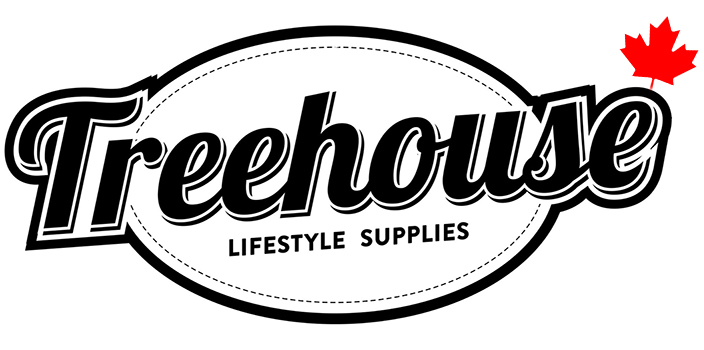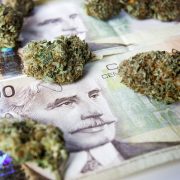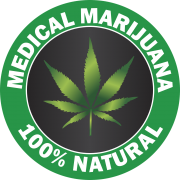Cannabis drinks have been legal for over 2 months in Canada so why aren’t they on the shelves?
Producers delaying rollout, revising expectations after weed beverages became legal in December
Big beer companies have invested millions of dollars into research and investment in cannabis. The budding Canadian THC and CBD-infused beverage market has seen delays out the gate, with some producers citing production challenges ahead of when the drinks became legal to sell Dec. 17, 2019
Just a few steps into the Tweed retail cannabis shop in Osborne Village, potential customers pass by a prominent sign that boasts of THC and CBD-infused drinks, as well as a tall — and currently empty — fridge designed to keep the fizzy offerings cool.
It isn’t clear when the high-inducing carbonated beverages will be available at this store, or others.
“The one thing that we didn’t quite get right was managing expectations,” said Jordan Sinclair, vice-president of communications with Canopy Growth, which owns Tweed and Tokyo Smoke retail stores.
Despite the fact that these drinks have been legal for 2½ months, Canopy-owned companies aren’t the only ones without cannabis-infused beverages on store shelves.
Market experts are taking notice. This month, analysts downgraded expectations for how the Canadian cannabis market is expected to perform in 2020.
Experts with Cowen, a U.S.-based market research and analysis company, attribute this to a variety of companies facing supply-chain challenges or products under-performing out of the gate after so-called 2.0 products — edibles, topicals, drinks and more — became legal Dec. 17, 2019.
Many producers are banking on drinks, as with edibles, to draw in a new crowd of cannabis users who either haven’t partaken in a while — if ever — or who want to avoid inhaling methods.
Investigating how cans sap potency from drinks
Carbonated drinks sometimes contain substances that can be corrosive and interact with the aluminum, which is why all canned drinks — from sodas to waters and alcohol — contain an incredibly thin polymer liner inside.
The question of how THC and mellower CBD-containing drinks might be interacting with these liners occurred to U.S. chemist Harold Han last year, after seeing a prominent beer company shift from selling its cannabis-infused drinks in cans to bottles south of the border.
“They lose their potency and that is one of the big challenges in the industry in California,” he said.
To infuse the drinks, an oil extraction rich in CBD or THC was added, but some of the thin linings inside the cans then absorbs these oils.
As for when Canadians can expect to see a retail cannabis market flooded with the new intoxicating drinks, that remains a little hazy.
Read the full article at CBC










Leave a Reply
Want to join the discussion?Feel free to contribute!